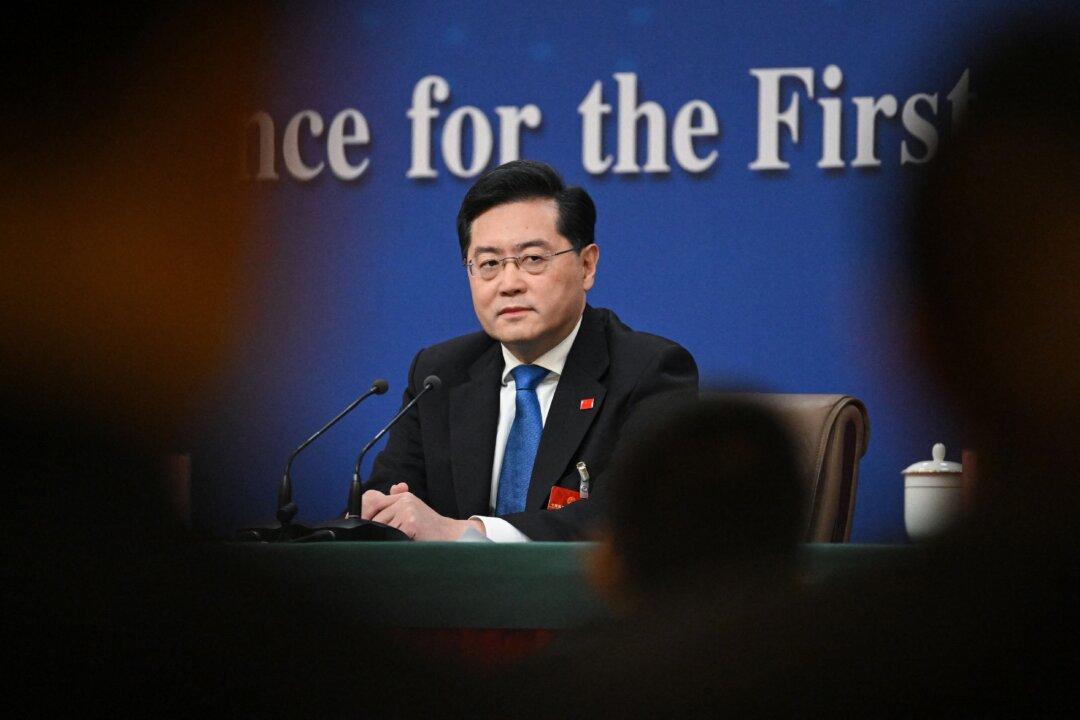It’s been over six weeks since former Chinese Foreign Minister Qin Gang disappeared and over two weeks since he was unceremoniously removed from his post amid rumors of corruption, an extra-marital affair, and an investigation.
While Mr. Qin has been replaced by his predecessor, Wang Yi, his continued disappearance has stoked discussion on how this state of affairs will impact China’s foreign policy.





